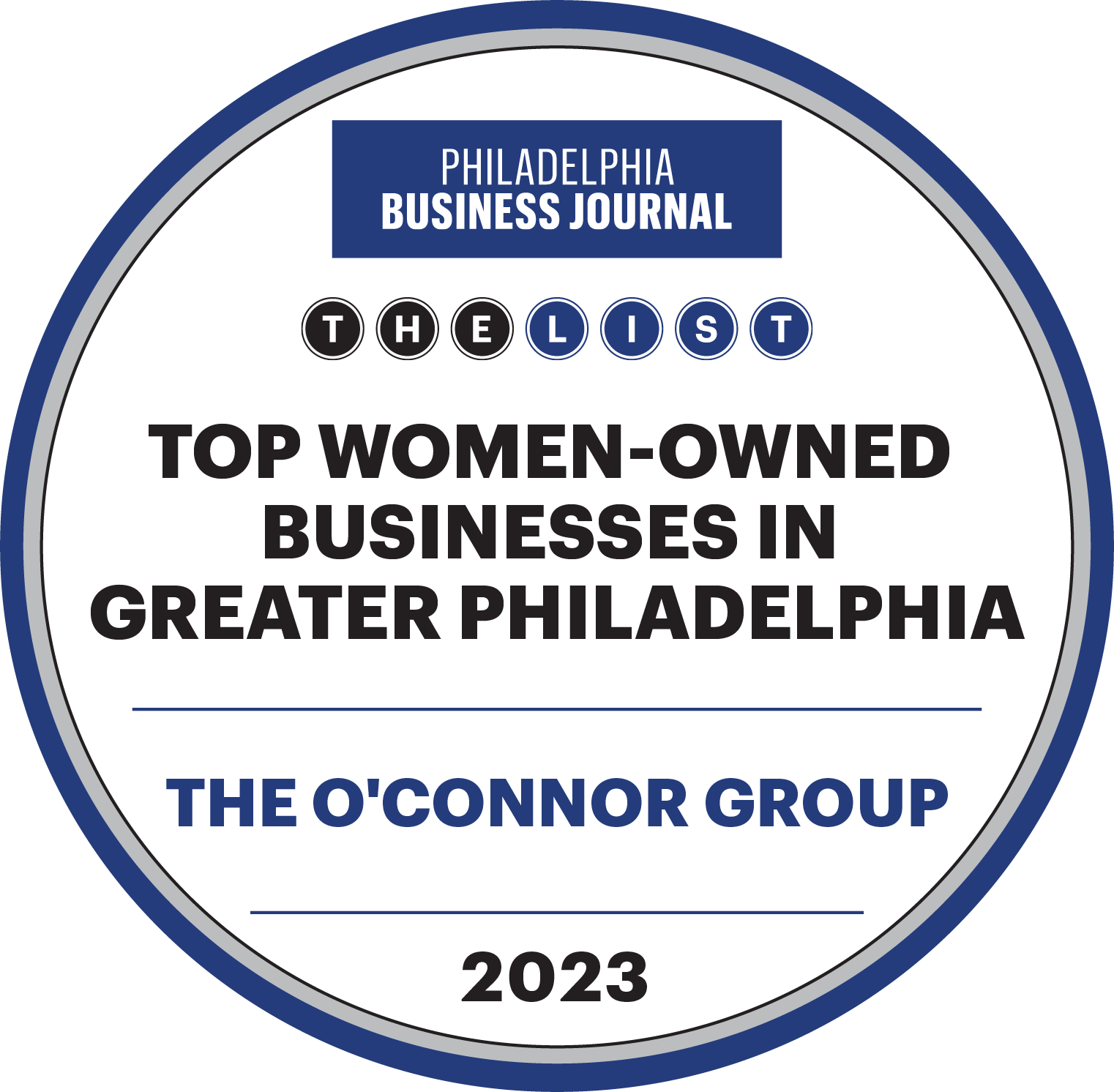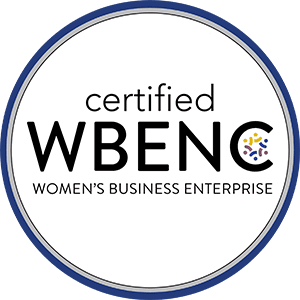National Disability Employment Awareness Month
Oct 28th, 2021
Did you know that it’s National Disability Employment Awareness Month (NDEAM)?
Awareness months are an opportunity to bring a certain topic or cause into greater consciousness. (This month is also Breast Cancer Awareness Month. Our team wore pink and wrote cards to breast cancer patients to show our support.) However, they are also a reminder of the eleven months of the year that these causes matter but often do not get much attention.
So, what can you do for National Disability Employment Awareness Month now and all year long?
Let’s start with the basics. “Title I of the Americans with Disabilities Act (ADA) requires employers to provide reasonable accommodation to qualified applicants and employees with a disability unless the employer can demonstrate that doing so creates an undue hardship to the employer or poses a direct threat to the safety of the employee or others in the workplace.” (SHRM, 2020)[1] Employers can feel intimidated by this, assuming that an accommodation is going to be forced on them. The process is fact-based, however, and among the myriad of HR compliances processes out there, it is actually very well designed to help both parties fully understand the expectations of the role and the abilities of the employee to perform in that role.
Did you know, according to the U.S. Bureau of Labor Statistics (BLS), that in 2019 just 13.8% of people with a disability request an accommodation in their current workplace? It kind of makes you wonder if the other 86.2% didn’t need an accommodation or didn’t feel comfortable asking? Whereas BLS reported that 9.1% of people with no disability requested changes. Yes, that’s right, employees with no disabilities ask for accommodations as well. “People with a disability who asked for a change in their workplace were more likely to have requested physical changes to the workplace than were those with no disability—21.0 percent versus 14.4 percent. In contrast, employed people with no disability were more likely than those with a disability to request policy changes, training, or accommodations for family or personal obligations.” (BLS, 2020)[2] What the data shows is there’s no reason to not be proactive and ensure your employees know how to request an accommodation. For those that need it, a company’s responsibility is to ensure employees have access to reasonable accommodations. Beyond that, however, if your worry is being overwhelmed with accommodation requests, that’s not what the data shows. And you already have accommodation practices in place for the variety of requests that employees make, whether disabled or not.
Now let’s go beyond the basics and dive into the spirit of NDEAM. The 2021 NDEAM theme is America’s Recovery: Powered by Inclusion. That’s a theme we can all embrace (which sounds inclusive, right?!). The real intent of this month and deepest lasting impact is to think beyond ADA and reasonable accommodation when we think of disability. “For too long National Disability Employment Awareness month has dwelled within the confines of the modality of the Disability Rights Movement. While it continues to serve a powerful function in this context, it is critical that corporate leaders recognize the inherent value beyond the acknowledgment of hiring and retention practices for persons with disabilities, but rather see it as a benchmark of imagination that can provide new ways of thinking and practicing business for the 21st Century. In a time when companies are trying to restructure as quickly as possible and find new growth opportunities and discover a competitive advantage, it is the role of the disability experience that can offer a new path towards salvation.” (Forbes, 2021)[3] There is the potential untapped value when companies view hiring workers with disabilities as a compliance initiative, and sadly some companies view this as taking on the potential cost to the bottom line as well. However, the potential revenue value to the bottom line that forward-thinking companies can gain is accessing a new customer base, because people with disabilities are customers too, not just employees.
The pandemic provided lots of practice at reimagining work, more than we may have wanted! Think about the paradigms in your workplace and how they have shifted. Perhaps your company had no work-from-home policy and then suddenly 100% of the workforce was working from home. Were all of the apprehensions about that change justified? A few, maybe, there are certain drawbacks. But was it a failure? Likely not. If we had preconceived notions about remote work, most of which were not validated, what other preconceptions should we challenge? What biases about disabilities in the workplace are waiting to be examined and work reimagined?
Looking for some ideas? Thank the Department of Labor for putting together a fantastic list of ideas, such as lunch and learns, volunteering, incorporating disability into your onboarding process, and many more! Need additional resources? DOL has that covered too, click here.







